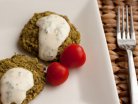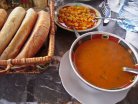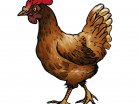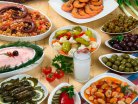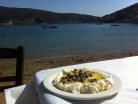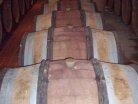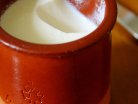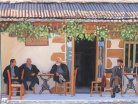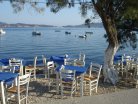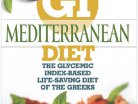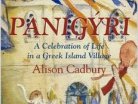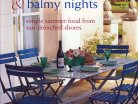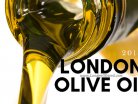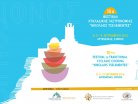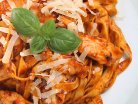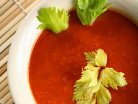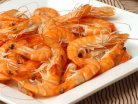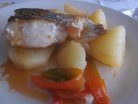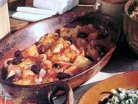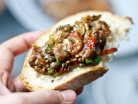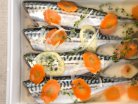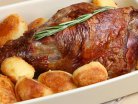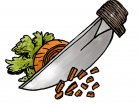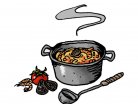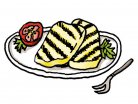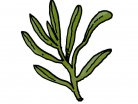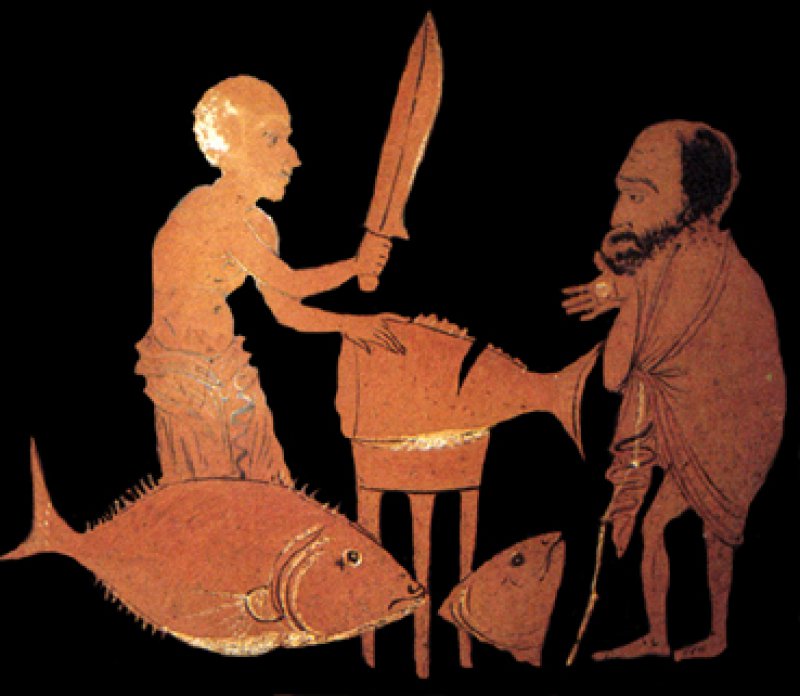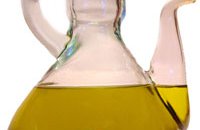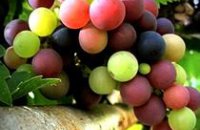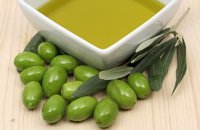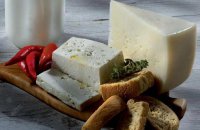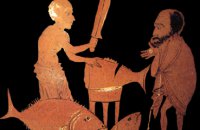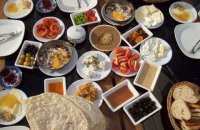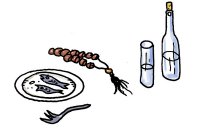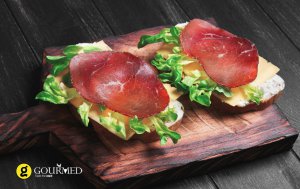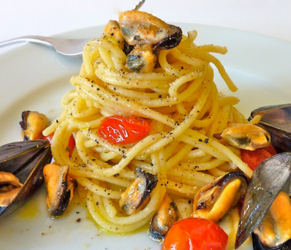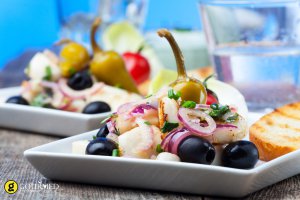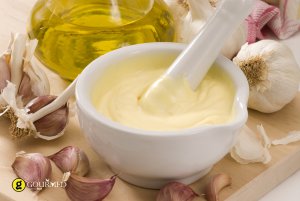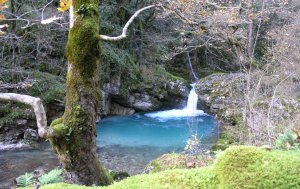According to Herodotus, the ancient Greeks "were always in the company of poverty." The only exception to this general rule was, of course, the wealthy, who ate meat, drank plenty of wine, and took part in symposia.
The ancient Athenians were especially frugal in their diet, compared to the rest of the Greeks. It was this frugal diet that Aristophanes considered to be a great advantage, claiming that the progress and spiritual cultivation of the Athenians was largely due to the deprivation they endured.
Similarly, the expression "Athenian Living" (Athenaeus D 137) refers to this Athenian frugality. Their diet was based on bread, a food that would sometimes be accompanied by vegetables, olives, figs, raisins, honey, grapes or apples. By eating in such a light way, they kept their bodies strong and minds sharp. The acumen of the inhabitants of Attica was proverbially known as ‘Attic Salt.’
As a result of the simple diet, the Attic land was characterized by ancient historians to be "leptogeous," that is, lean land. The lack of sufficient water meant that cultivation was difficult and production small. In direct contrast to this, the plains of Thessaly, Boeotia and some in the Peloponnese were particularly fertile due to more favorable conditions, according to Thucydides. The most important agricultural products of ancient Greece were barley, wheat, wine, oil and olives.
Despite its barrenness, Attica was renowned for its honey and figs, a fruit particularly dear to the ancient Greeks. Similarly, oil played a major role in the lives of the Athenians. Apart from its use in food and cooking, it was essential for lighting, as well as in the production of medicine and cosmetics.
Robert Flaceliere, in his book "Daily Life in Greece at the Time of Pericles", writes that the average Athenian citizen ate very simply. His breakfast "akratisma," was made up of a little barley bread dipped in pure wine. This was sometimes accompanied by olives and figs or a cup of "kykeona," which was a drink of boiled barley flavored with mint or thyme.
Lunch, known as "ariston," was a brief affair of bread and goat cheese, or olives and figs. The main meal of the day was dinner. In the homes of country folk, dinner was made up barley porridge and barley bread. On the rare occasions they ate vegetables, and magpie, or swallow which were caught in fields. Every once in a while, dinner would end with "tragimata," a dessert comprised of either fresh or dried fruit, with sweets and honey.
Meat was eaten mainly on religious festivals, when a live lamb or kid goat would be brought home and sacrificed in the yard. The entrails and the fat were burned on the altar as an offering to the gods, and the rest of the meat would be roasted. Cows were reserved for the major civic festivals and, after the sacrifice, the meat would be distributed amongst the poor.
Only the wealthy partook in the wide range of dishes that the historian Athenaeus relates in his description of symposia. These dishes often included hare cooked with mint and thyme, roast thrush and quail, lamb or suckling pig on a spit, pies with cheese or honey, sweets made with finely-sifted flour, and honeyed wine and sesame. The affluent would enjoy rich Achaean cheeses, Attic figs and honey, wine from Chios and Lesbos, grapes, eels from Lake Copais, seafood from Euboea, bread from Pylos, fava, and honey puffs, among many other delicacies.
The Austere diet of Ancient Athens
The simplicity and austerity of the ancient Athenian Diet made for a breed of people so unique in the world.
Country:
Category:

